Who is Antonio Damasio?

Antonio Damasio is a pioneering neuroscientist, best-selling author, and professor of psychology, philosophy, and neurology at the University of Southern California, where he directs the Brain and Creativity Institute. His groundbreaking work challenges centuries of dualistic thinking about mind and body in Western culture, illuminating the deep connections between reason, emotion, and biological regulation. Damasio’s books, including the seminal “Descartes’ Error,” have had a profound impact not only within neuroscience but across psychology, philosophy, anthropology, and beyond.
Antonio Damasio’s Key Ideas
Embodied Cognition:
Damasio is a leading proponent of the embodied cognition perspective, which holds that the mind is not separate from the body but emerges from the interaction of brain, body, and environment. In contrast to the Cartesian view of reason as disembodied and emotionless, Damasio argues that even the most abstract thought is grounded in bodily feelings and processes. His work demonstrates how emotional and somatic signals guide decision making, shape memory, and provide the biological foundations of the self.
The Somatic Marker Hypothesis:
One of Damasio’s most influential ideas is the somatic marker hypothesis, which proposes that feelings generated from emotions and bodily states “mark” certain behaviors and outcomes as favorable or unfavorable. These markers operate unconsciously, biasing decision making toward choices that minimize risk and optimize benefit based on past experience. Damage to brain regions involved in somatic marking, such as the ventromedial prefrontal cortex, can lead to poor judgment and decision making despite intact intelligence.
Emotions and Reason:
Damasio’s work challenges the traditional dichotomy between emotion and reason, showing how they are in fact deeply intertwined. Emotions, far from being a hindrance to rationality, are essential guides for navigating complex social situations and motivating adaptive behavior. Damasio distinguishes between primary emotions, which are innate and automatic, and secondary emotions, which involve learned associations and conscious feelings. Both play crucial roles in cognition and decision making.
The Self and Consciousness:
Damasio proposes a multi-level theory of the self and consciousness. At the most basic level is the proto-self, a neural map of the body’s current state. As the proto-self interacts with the environment and generates feelings, core consciousness emerges – the momentary sense of self in the here-and-now. At higher levels, the autobiographical self forms from the integration of memory, future planning, and social cognition. Damasio argues that consciousness is fundamentally linked to emotion and embodiment.
Neurobiology of Meaning:
In his later work, Damasio explores how the brain constructs meaning and personal identity. He proposes that meaning arises from the integration of exteroceptive information (from the external senses) with interoceptive information (from the body’s internal milieu). This ongoing process of matching “images” of the outside world with the feeling of aliveness on the inside gives rise to the sense of self and the apprehension of significance in the flow of experience. Meaning-making is thus an embodied, affective process.
Applications and Implications
Depth Psychology and Psychotherapy:
Damasio’s ideas resonate strongly with depth psychological approaches such as that of Carl Jung, who emphasized the unity of mind and body and the guiding role of feeling and intuition in the individuation process. Damasio provides empirical support for many Jungian concepts, such as the psychoid unconscious (analogous to the proto-self), the feeling-toned complexes (akin to somatic markers), and the transcendent function (the integration of conscious and unconscious processes). Damasio’s work also aligns with somatic and emotion-focused therapies, suggesting that effective treatment must address the embodied, affective bases of cognition and behavior.
Anthropology and Embodiment:
In anthropology, Damasio’s work is part of a broader turn toward embodiment – the recognition that culture and cognition are grounded in bodily practices and experiences. His neuroscientific insights dovetail with ethnographic approaches that emphasize the sensory, affective, and somatic dimensions of meaning-making across cultures. Damasio’s model of the self as an ongoing process of integration between body and environment aligns with anthropological views of personhood as relational and context-dependent.
Philosophy of Mind and Phenomenology:
Damasio’s critique of Cartesian dualism and his emphasis on the embodied nature of thought contributes to ongoing debates in philosophy of mind. His work is part of a broader trend toward embodied and enactive approaches, which see cognition not as abstract information processing but as a dynamic interaction between organism and environment. Damasio’s ideas also resonate with phenomenological philosophers such as Maurice Merleau-Ponty, who emphasized the primacy of embodied, pre-reflective experience in shaping consciousness and meaning.
Affective Science and Decision Making:
Damasio’s somatic marker hypothesis has been highly influential in the field of affective science, which studies the role of emotion in cognition and behavior. It has inspired numerous empirical studies on the interplay of emotion and decision making in both healthy individuals and clinical populations. Damasio’s work highlights the adaptive value of emotional signals in guiding choice and action, challenging models of decision making based solely on rational calculation of costs and benefits.
Neuroethics and Moral Psychology:
Damasio’s research has important implications for understanding moral judgment and behavior. His findings suggest that moral decisions are not based on abstract reasoning alone but are deeply shaped by emotional and somatic responses. Damage to brain regions involved in emotion processing can lead to deficits in moral judgment, even when intellectual faculties are intact. Damasio’s work thus highlights the embodied, affective foundations of human morality and raises questions about the role of neurobiology in ethics and responsibility.
Criticisms and Limitations
While hugely influential, Damasio’s ideas are not without their critics. Some argue that his account of the role of emotion in reason is too broad and fails to specify the precise mechanisms by which somatic markers influence cognition. Others question whether the somatic marker hypothesis can account for the full range of decision making, particularly in novel or highly abstract situations.
There are also debates about the implications of Damasio’s work for traditional notions of free will and responsibility. If decision making is largely driven by unconscious emotional biases, to what extent can individuals be held accountable for their choices? Some worry that an excessive focus on neurobiology may lead to reductionist or deterministic views that neglect the role of personal agency and social context.
Finally, while Damasio’s model of the self has been highly generative, some critics argue that it still retains vestiges of a homuncular or essentialist view. The notion of a “core self” that integrates experience may seem to imply a kind of unified inner subject, rather than a fully dynamic and decentered view of selfhood. Ongoing debates in philosophy and cognitive science continue to grapple with the nature of the self and its relation to embodied and embedded cognition.
Bibliography
Cambray, J. (2009). Synchronicity: Nature and psyche in an interconnected universe. College Station: Texas A&M University Press.
Chodorow, J. (1997). Jung on active imagination. Princeton University Press.
Clark, A. (2008). Supersizing the mind: Embodiment, action, and cognitive extension. New York: Oxford University Press.
Colombetti, G. (2013). The feeling body: Affective science meets the enactive mind. Cambridge, MA: MIT Press.
Damasio, A. R. (1994). Descartes’ error: Emotion, reason, and the human brain. New York: G.P. Putnam.
Damasio, A. R. (1999). The feeling of what happens: Body and emotion in the making of consciousness. New York: Harcourt Brace.
Damasio, A. (2003). Looking for Spinoza: Joy, sorrow, and the feeling brain. Orlando, FL: Harcourt.
Damasio, A. (2010). Self comes to mind: Constructing the conscious brain. New York: Pantheon Books.
Gallagher, S. (2005). How the body shapes the mind. New York: Oxford University Press.
Gibbs, R. W. (2005). Embodiment and cognitive science. New York: Cambridge University Press.
Jung, C. G. (1960). The structure and dynamics of the psyche. New York: Pantheon Books.
Jung, C. G. (1964). Man and his symbols. New York: Anchor Press.
Jung, C. G. (1968). Analytical psychology: Its theory and practice. New York: Vintage Books.
Lakoff, G., & Johnson, M. (1999). Philosophy in the flesh: The embodied mind and its challenge to western thought. New York: Basic Books.
Merleau-Ponty, M. (1962). Phenomenology of perception. London: Routledge & Kegan Paul.
Niedenthal, P. M. (2007). Embodying emotion. Science, 316(5827), 1002-1005.








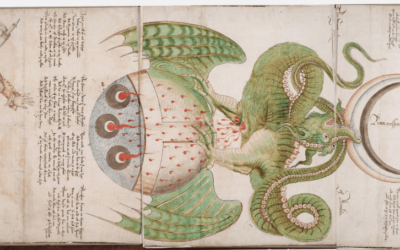





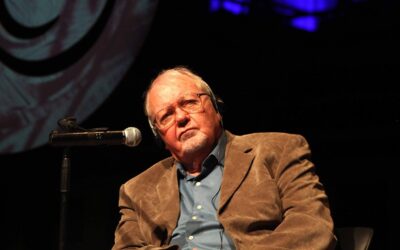

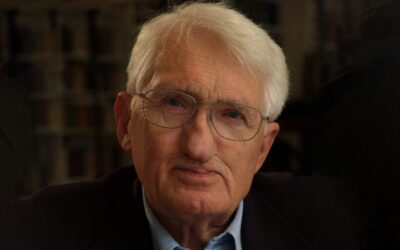



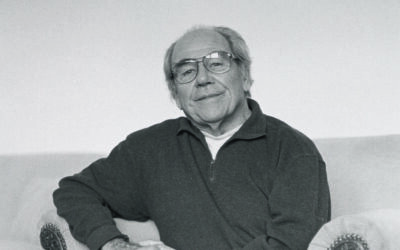


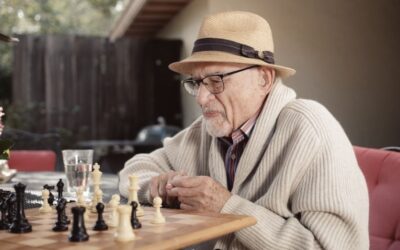


0 Comments